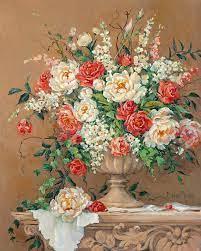
4 minute read
★ Section 4: Sentences
Sentences
a set of words that contains a subject and a predicate and conveys a statement, command, question, or an exclamation.
Advertisement
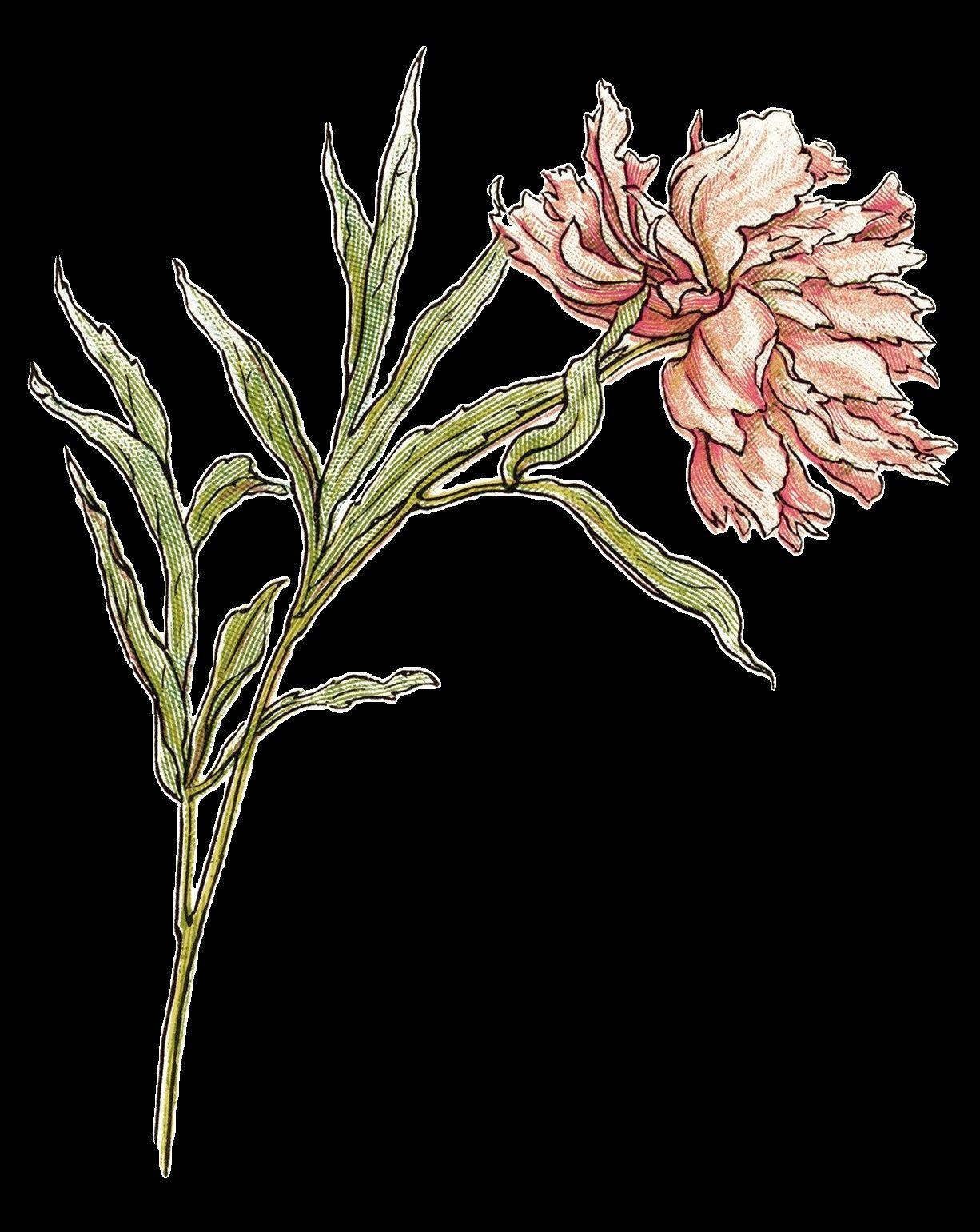
Sentence Parts
Subject – what/who the sentence is about The flowers beautifully bloomed in the spring.
Predicate – what the subject does The flowers beautifully bloomed in the spring.
Sentences
a set of words that contains a subject and a predicate and conveys a statement, command, question, or an exclamation.
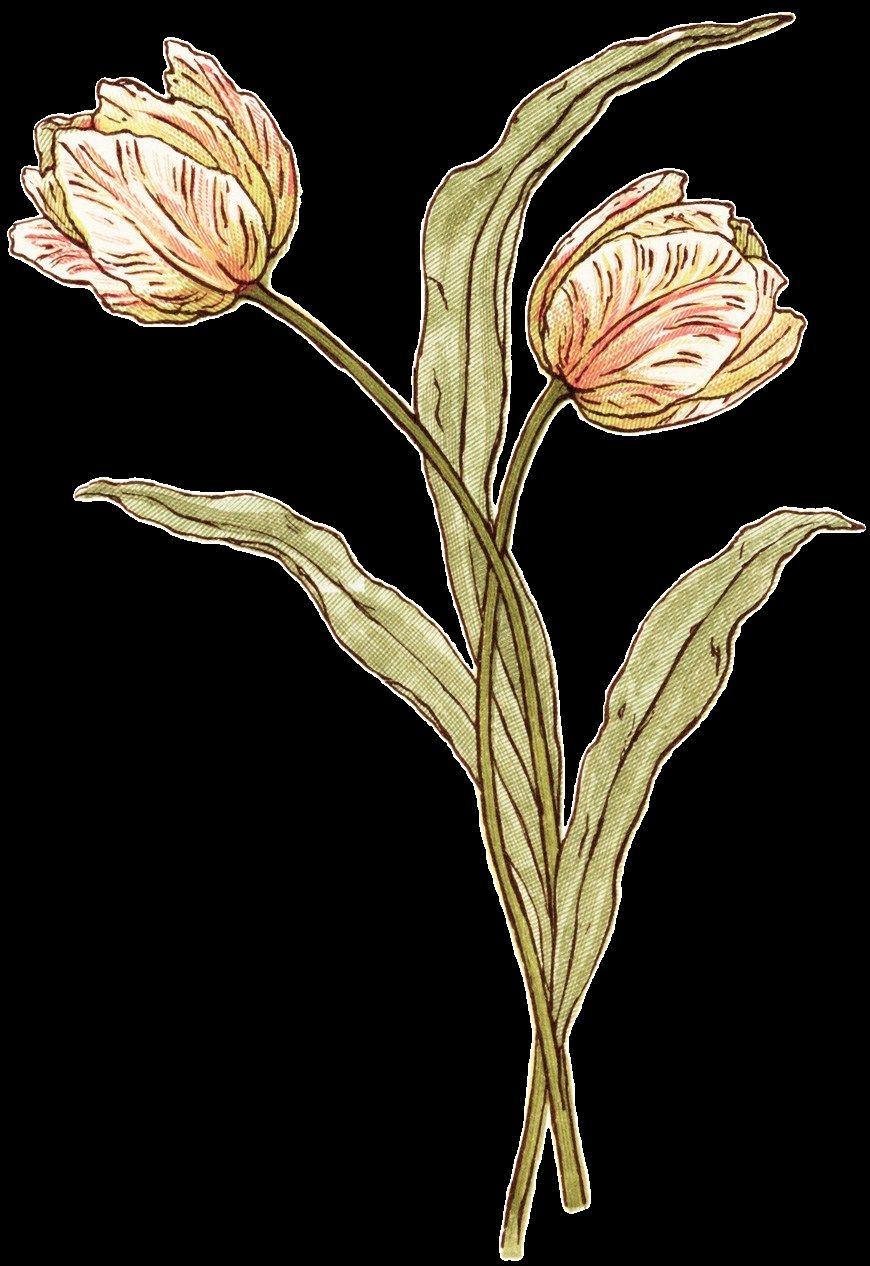
Sentence Types
Declarative – a sentence that makes a statement (ends with a period mark) Roses are the world’s most acclaimed flower.
Imperative – a sentence that makes a command (ends with a period mark) Buy her roses for Valentine’s Day.
Interrogative – a sentence that asks a question (ends with a question mark) Why would you buy her sunflowers for Valentine’s Day?
Exclamatory – a sentence that expresses great emotion, passion, excitement (ends with an exclamation mark) Roses are the flower to buy!
Sentences
a set of words that contains a subject and a predicate and conveys a statement, command, question, or an exclamation.
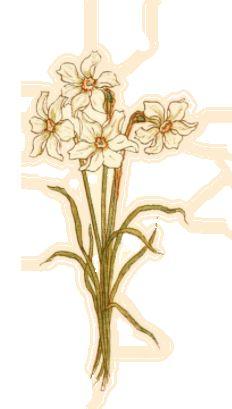
Sentence Patterns
Simple Sentence: A sentence that is just one independent clause. Flowers are perfect to express your feelings.
Compound Sentence: A sentence with multiple independent clauses, but no dependent clauses - connected by FANBOYS (coordinating conjunctions) or a semicolon (;). Flowers are beautiful, but they wither quickly. Complex Sentence: A sentence with one
independent clause and at least one
dependent clause. Instead of flowers, you should consider gifting a cactus or house plant.
Complex-Compound Sentence: A sentence with multiple independent clauses and at least one dependent clause. Instead of flowers, you should consider gifting a cactus or house plant, for they last longer than a flower bouquet.
Sentences
a set of words that contains a subject and a predicate and conveys a statement, command, question, or an exclamation.

Sentence Patterns
Loose Sentence: A sentence that contains an independent clause plus a subordinate construction (either a clause or phrase) with your main point at the beginning. Flowers can brighten someone's mood, no matter what the type of flower is or how dejected someone feels. Periodic Sentence: A sentence in which the independent clause is given at the end of the sentence in order to create interest or generate suspense with the main point coming at the end. No matter what the type of flower is or how dejected someone feels, flowers can brighten someone’s mood. Parallel Structure: A sentence using the same pattern of two or more verbs or ideas that match in tense or structure to show that they are of equal importance and to help the reader comprehend what is being written - this sentence requires symmetry. Roses symbolize love, symbolize romance, symbolize courage, and symbolize beauty whereas sunflowers do not.
Sentences
a set of words that contains a subject and a predicate and conveys a statement, command, question, or an exclamation.

Sentence Patterns
Balanced Sentence: A sentence where phrases or clauses at the beginning and the end parallel each other by virtue of their likeness of structure, meaning, or length - this sentence requires symmetry. The young lady buys a new bouquet of flowers each week and throws last week's flower bouquet out.
Chiasmus: A sentence that includes a repetition of
ideas (words, phrases, or clauses) in inverted
(reversed) order - this sentence requires symmetry. Roses are the best flower to express love and love is best expressed with roses.
Asyndeton: A sentence that leaves out conjunctions between words, phrases, or clauses for a rhetorical purpose. Roses symbolize courage, romance, beauty, love.
Sentences
a set of words that contains a subject and a predicate and conveys a statement, command, question, or an exclamation.

Sentence Patterns
Polysyndeton: A sentence that uses multiple conjunctions in close proximity to each other between words, phrases, or clauses for a rhetorical purpose. Roses symbolize courage and romance and beauty and, most importantly, love.
Anaphora: A sentence that features the purposeful repetition of a word, words, or a phrase at the beginning of several successive clauses in order to place emphasis and draw attention. For many, roses are the best flowers to express love, while for others roses are a cliche, but most will agree that roses are quite romantic.
Epistrophe: A sentence featuring several phrases or clauses ending with the same word or words. The young lady often spends her days lingering in the flower field, her nights sleeping in the flower field, her breaks thinking about the flower field that it feels that she only lives for the flower field.
Sentences
a set of words that contains a subject and a predicate and conveys a statement, command, question, or an exclamation.
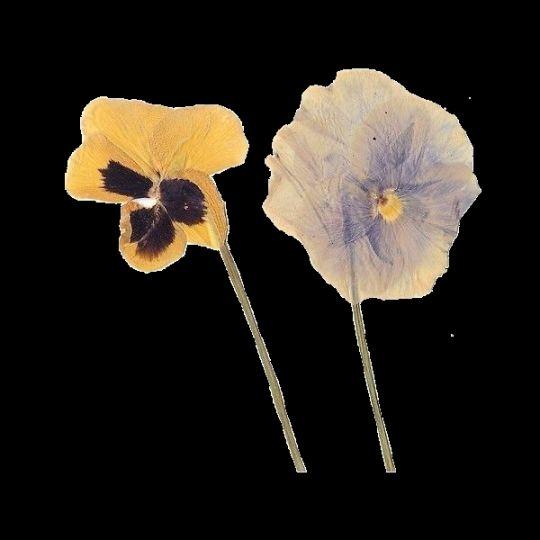
Sentence Errors
Run-On/Rambling/Fused Sentence – a sentence construction error where two or more independent clauses are connected incorrectly without punctuation. (Wrong) The young lady was going to visit her childhood friend she wanted to buy a bouquet of flowers to give her. (Right) The young lady was going to visit her childhood friend, so she wanted to buy a bouquet of flowers to give her.
Comma Splice – a sentence construction error where two or more independent clauses are connected incorrectly using commas (Wrong) The young lady was going to visit her childhood friend, she wanted to buy a bouquet of flowers to give her. (Right) The young lady was going to visit her childhood friend. She wanted to buy a bouquet of flowers to give her.






